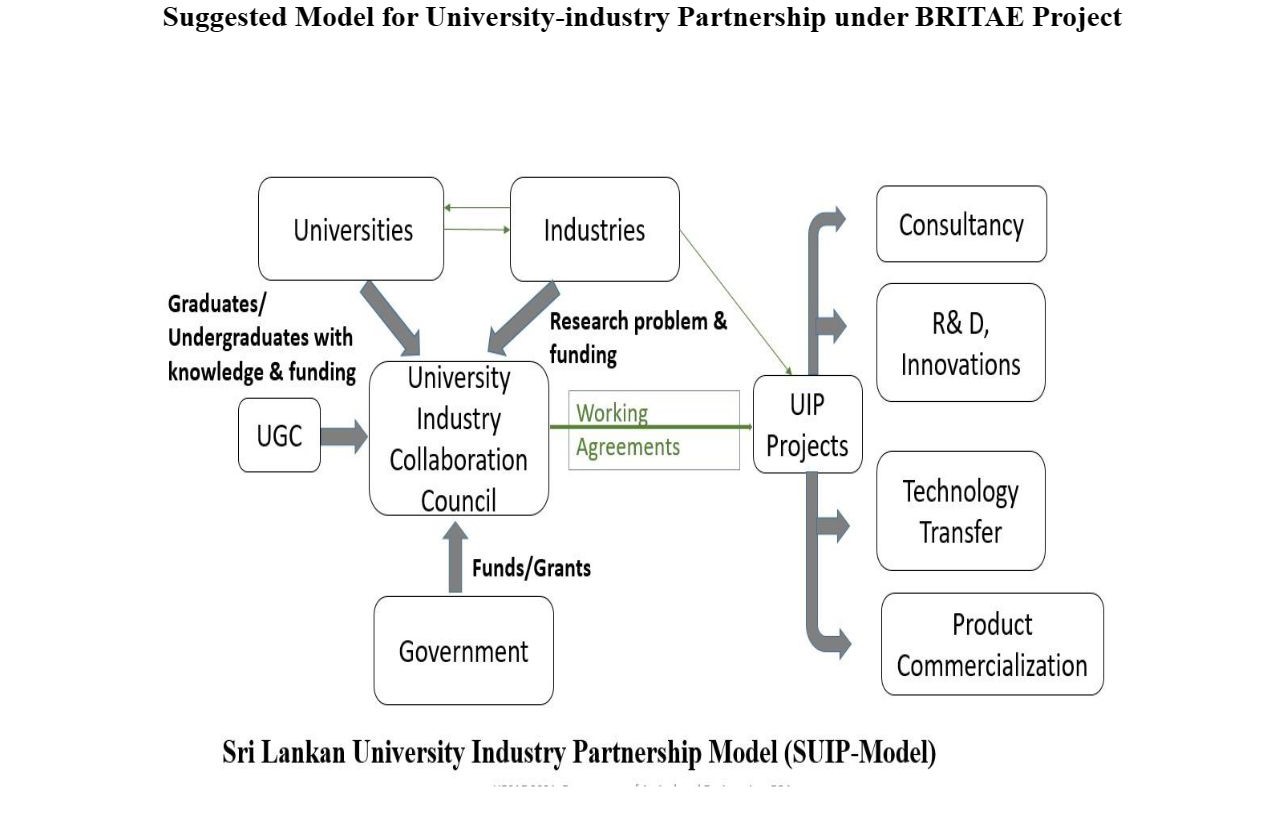- Home
- BRITAE
- SAR Centre
- MSC
- Progress
- Gallery
- News & Events
- Conference 2023
- Contact
Task 3.1: Establishment of SAR center
The Agricultural Engineering Department has been chosen as the optimal site for establishing a Resilience Centre focused on Smart Agroecosystems (SAR Centre). The floor plan for the SAR Centre has been created, and the equipment across six categories has been purchased. Additionally, a virtual education center with a web-based system has been developed to deliver teaching materials, learning resources, assessment procedures, assignments, and other necessary materials for course completion.
Task 3.2: Formation of interface platform with stakeholders and Universities trough SARC
The establishment of an interface platform connecting stakeholders and universities through SARC, as part of task 3.2, has been successfully undertaken. This involved creating an inventory sourced from identified industries to foster industry-university partnerships. Memorandums of Understanding (MOUs) have been formalized with 45 industries to facilitate collaborations in research and innovation. Sabaragamuwa University of Sri Lanka has signed 5 MOUs, and the University of Ruhuna has signed 3 MOUs. An additional 4 MOUs are currently in the development stage.
Task 3.3: Orientation programme for lectures to strengthen the course structure
A total of seven training sessions in collaboration with VGTU (P9) have taken place to enhance knowledge for the establishment of a teaching and learning center. Additionally, two orientation programs targeted at lecturers were organized to reinforce the course structure encompassing Adaptive MOOCs, Affective Video Tutoring System, Big Data Mining, Adaptive Biometrics, Examination System, and Open-Source Materials. These initiatives have contributed to the development of suitable e-education infrastructure in partner countries.
Task 3.4: Professional development workshops for academic staff and stakeholders (Industries) in Resilience Building in Tropical Agroecosystem.
Within this task, two workshops have been organized. The first workshop, Professional Development Workshop I, targeted academic staff and stakeholders (Industries) in Resilience Building in Tropical Agroecosystem. Its objective was to enhance various interpersonal, intrapersonal, and institutional skills, fostering effective acquisition and management of research grants. The workshop focused on integrating top-down national priorities with bottom-up peer review processes, solicitation, and communication with researchers. Communication skills were also emphasized to enable researchers to communicate more effectively and confidently with diverse stakeholders. Invitations were extended to stakeholders from the Agricultural Ministry, the Department of Agriculture, Forestry Department, University Grants Commission, relevant industries, and the Disaster Management Center.
Task 3.5: Workshops on interface platform for teaching techniques and practical arrangements.
A training workshop titled “Development of Intelligent Computer Learning Systems” took place at SARC, led by seasoned researchers from P9 in collaboration with P1. The workshop covered teaching techniques and practical arrangements, with guidance provided by trainers from institutions in the program country (EU). Experienced teachers from partner countries were encouraged to actively contribute and contextualize the materials. The program facilitated ongoing interaction through both formal and informal channels, employing a balanced mix of face-to-face and remote contact, encompassing both ‘real-world’ and virtual means.
Task 3.6: Development of University Industry platform for Agroecosystem resilience through SARC
As a part of University industry platform, a University-Industry model for Sri Lankan situation has been developed on Agroecosystem resilience through SARC.

BRITAE is proudly powered by WordPress
